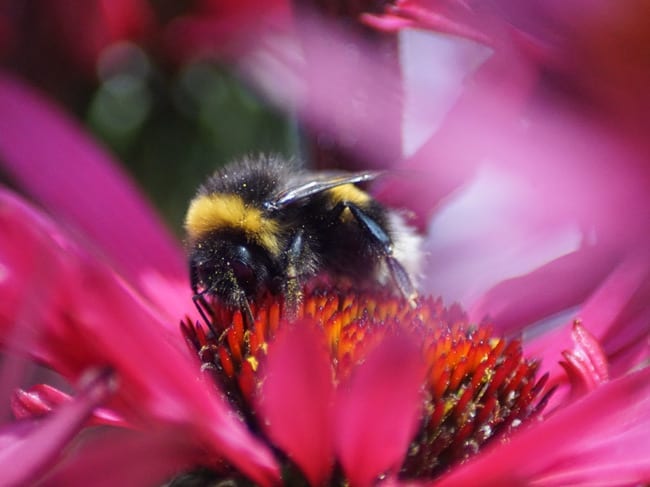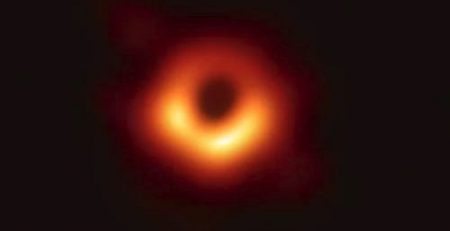Researchers Discover Bees Are Disappearing Faster Than We Thought
According to a new study out of the University of Ottawa, within just one human generation, the odds for bumblebee survival have dropped by an average of more than 30 percent, Popular Science reports.
“We’ve known for a while that climate change is related to the growing extinction risk that animals are facing around the world,” first author and Ph.D. student Peter Soroye explained in a statement. “In this paper, we offer an answer to the critical questions of how and why that is. We find that species extinctions across two continents are caused by hotter and more frequent extremes in temperatures.”
While European bumblebee survival fell by an average of 17 percent between 1975 and 2000, with North American bumblebee survival rates dropping by approximately 46 percent in the same time frame, this new model calculated the likelihood of bumblebee decline across these two areas, and the results “align with a mass extinction,…, suggesting possible disappearance within a few decades.”
“Bumblebees are the best pollinators we have in the wild landscape and the most effective pollinators for crops like tomato, squash, and berries,” Soroye explained. “Our results show that we face a future with many fewer bumblebees and much less diversity, both in the outdoors and on our plates.”
“If declines continue at this pace, many of these species could vanish forever within a few decades,” he continued.
But it’s not all bad news. The research team predicts that bumble bee populations could potentially grow where climate change is shifting temperatures within the species’ tolerances, however, public awareness and conservation efforts are still some of the best ways to potentially slow this decline.














